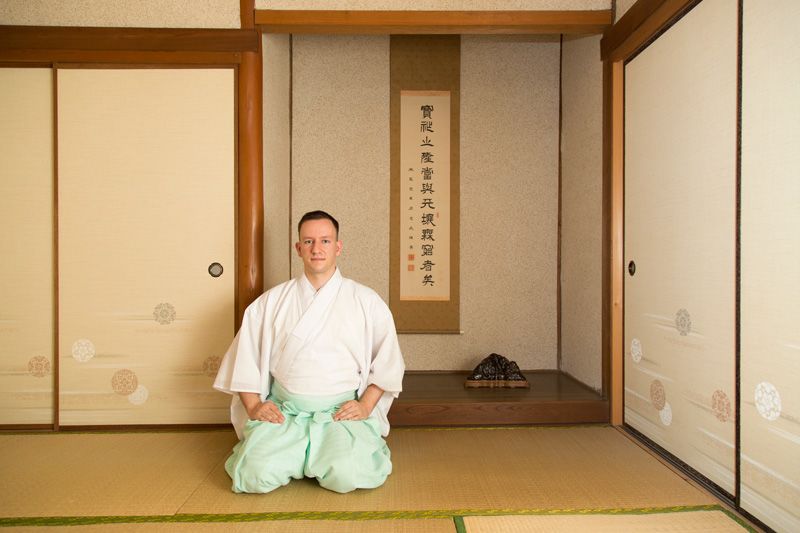I came across this wonderful interview with Florian Wiltschko, an Austrian Shinto negi (priest) based in Japan courtesy Akshay Alladi. I was struck by some of the similarities in Wiltschoko’s worldview and my own sanskaras- the approach to life I was taught by my elders, particularly my mother.

“[Japan] is rich and the seasons colour the natural landscape in beautiful ways. Maybe that’s why a monotheistic belief system did not evolve here,” he says. “The bounties of nature, on the other hand, were seen as being the workings of divine forces that needed to be respected and cared for.” This struck a chord. It’s a very Dharmic sensibility and worldview.
There’s also the challenge of adaptation and change, without losing the essence. Incorporating good ideas, discarding the bad ones, but all the while maintaining the core spirit. Wiltschko’s observations are based on the interactions between Shinto and Buddhism, but the same would seem to apply to modern Hinduism, which has over the centuries blended Vedantic and Shramanic metaphysics with folk tales and traditions. It’s a complex mélange and trying to describe it precisely to non-Indians reminds me of the parable of the blind men and an elephant.
What is noteworthy about Wiltschko is that he is a priest by profession. In my compartmentalised mind, there are gurus/yogis and then there are pujaris/purohits/archakas. The former are philosophers and the latter are pedants. There is some experiential basis for this, but perhaps some of it is also a function of my own biases. I “lost” religion in my teenage years through my twenties and identified as an agnostic classical liberal, only to “rediscover” it in my thirties. The religion that interests me is still quite rationalistic: a Vendantic Monism based principally on the Upanishads and the Bhagavad Gita, with an interest in Buddhism, Kashmiri Shaivism and Yoga. It is certainly not ritualistic. Temple visits are only to admire the architecture. The privileging, as it were, of jnana marga (the path of knowledge) over bhakti marga (the path of devotion).
But perhaps there is wisdom in customs and rituals too. There need not be a neat bifurcation between the high philosophy and the riti-riwaj. Jnana marga and bhakti marga are not mutually exclusive.
“It’s very important to maintain a positive inner spirit,” Wiltschko signs off. “You might say that it’s my mission or my calling to contribute to maintaining this spirit.” The words of a modern Rishi.
[The writer tweets @paragsayta]